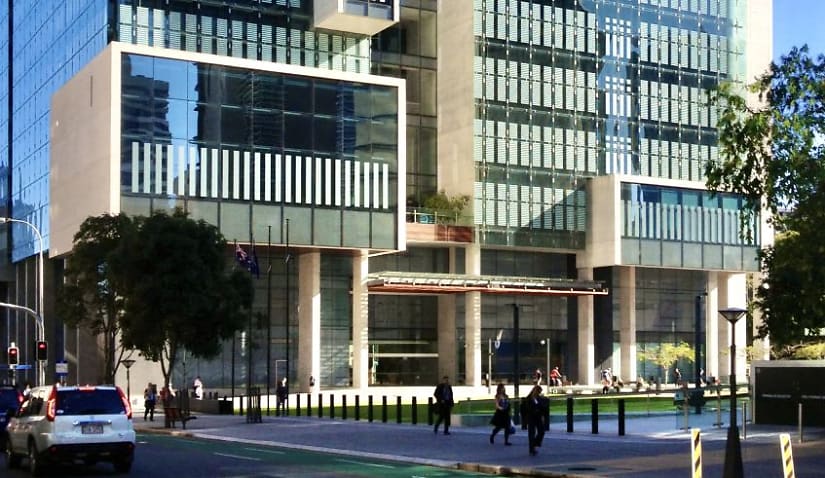Despite evidence he was cleared of a criminal contempt conviction, the Queensland Supreme Court confirmed a barrister was not a fit and proper person to hold a practising certificate.

Barrister Salvatore Di Carlo was unable to convince the Supreme Court to overturn a decision of the Queensland Civil and Administrative Tribunal, which affirmed the Bar Association’s October 2024 refusal to renew his practising certificate.
Following a consideration of the evidence as a whole, the Supreme Court was satisfied the tribunal came to the “correct and preferable decision” in finding Di Carlo was not a fit and proper person.
According to the tribunal’s December 2024 decision, the loss of Di Carlo’s practising certificate related to a failure to comply with a District Court order that he repay $240,000 to a woman he befriended after a visit to her massage parlour in 2009.
Di Carlo was ordered to attend a summons hearing after he provided an unsigned statement of financial position, but instead travelled to China with the intention of staying until after the enforcement.
The former barrister became bankrupt shortly afterwards.
There were also a number of disclosure failures, including for an acute mental health condition, a client complaint, and a 2017 conviction for contempt of the Magistrates Court of Queensland.
In some of his 12 grounds of appeal, Di Carlo said the tribunal erred in law by a failure to consider “important and relevant unchallenged evidence” by not giving “proper consideration” to conditions on his certificate and for misconstruing his apology.
Di Carlo also said the tribunal’s reasoning about his trip to China before he filed for bankruptcy was “wrong in fundamental ways”, including an alleged error in finding he never explained why.
Justices David Boddice, Paul Freeburn, and Tom Sullivan said the tribunal rightly concluded Di Carlo’s conduct in leaving without return plans to appear in court “was worthy of serious censure”.
Understood in that way, the bench said there was no substance in Di Carlo’s criticism that the tribunal inferred an improper motive.
“The impugned conduct was the applicant’s actions in leaving the country, such that he could not comply with a summons of which he had due notice. An officer of the court, who was a fit and proper person to hold a practising certificate, would not show such disrespect to a court order,” the Supreme Court bench concluded.
Di Carlo told the Supreme Court that, given his outstanding criminal charges were resolved either by acquittals or withdrawal, the bench should find he is now a fit and proper person to practise.
Justice Boddice, Freeburn and Sullivan said it was not appropriate for the court to determine that the change of circumstances “supports a conclusion that the applicant is now a fit and proper person”.
“The change of circumstances, although significant and resulting in the removal of what were significant stressors said to have led to the applicant having such a chaotic personal and professional life, does not mean automatically that the applicant would now be found to be a fit and proper person to hold a practising certificate as a barrister,” they said.
The case: Di Carlo v Bar Association of Queensland [2025] QCA 143
